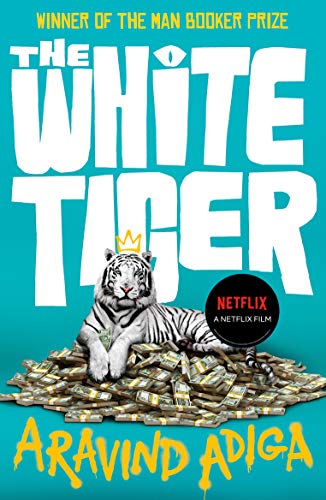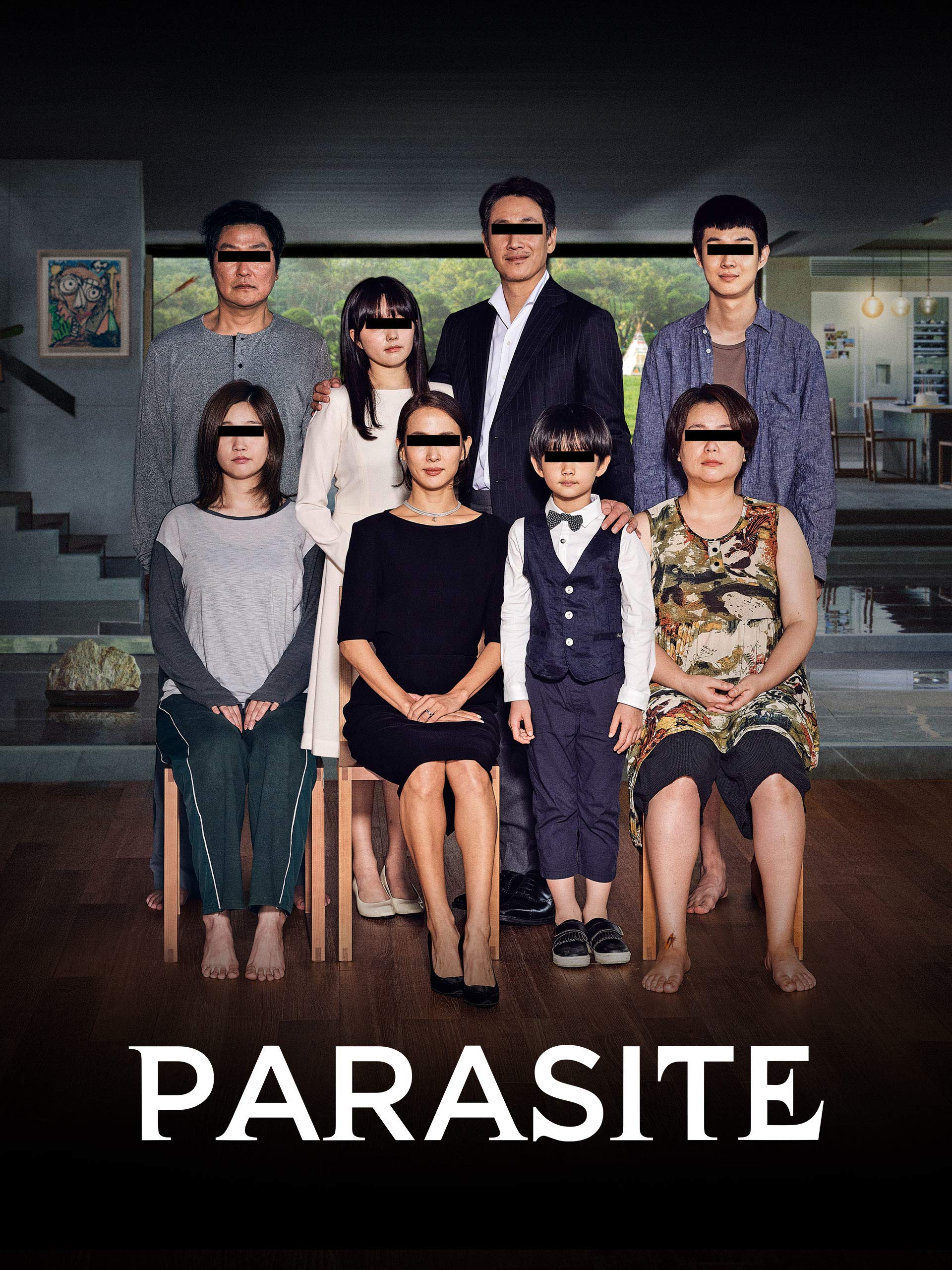

I recently watched Ramin Bahrani’s film adaption of The White Tiger, based on a novel by Aravind Adiga about an ambitious young taxi driver in India fighting to escape the poverty that he grew up in. And I realized that it reminded me of a similarly eerily offbeat and dark comedy film, Parasite, the 2019 Academy Award winner for Best Picture directed by Bong Joon-ho, about two Korean families on different ends of wealth and security and their interactions with one another. In both films, we see the wealthier families view the main characters as lesser-than employees, while the main characters try to redefine their potential for success. And both stories illustrated how large socioeconomic differences that create vastly contrasting life circumstances led to inevitable classism from some characters and desperate acts for survival and justice by others.
There are those who are thriving, those who are surviving, and those who are striving. The White Tiger‘s main character, Balram, and Parasite‘s main characters, the Kim family, are those striving for a better life. Their main counterparts, Balram’s boss and his family and the Park family that employs the Kims, are thriving by societal standards of wealth and success. Balram’s family living in rural India and the Park’s previous housekeeper and husband (spoiler alert!) secretly living in a secret basement bunker fall under those barely surviving. Unlike this third set of characters who have accepted their fate to live in poor living conditions and no freedom, our main protagonists in both films strive to emulate, be accepted by, and take advantage of their thriving counterparts when possible. They try to rid themselves of the mentality and habits associated with being poor while pleasing their bosses, engaging in a grapple between their identities of who they are and who they want to be or be seen as.
The main characters try to stay in the good graces of their bosses due to the power imbalance that can determine major aspects of their life; however, this breeds spite and anger when the boundaries of classism seem impossible to break. In The White Tiger, Ashok and his wife Pinky are portrayed as relatively kind and forward-thinking bosses to Balram, while the rest of the family blatantly abuse him verbally and physically. That being said, although they say they don’t care about castes, the young couple who Balram drives around still carry a sense of superiority and entitlement over him, showing unintentional classism from patronizing language or sheer ignorance of where Balram comes from and how he sees the world. Similarly, in Parasite, although the Park family are portrayed as an arguably nice and normal family, there are hints of behaviours throughout the film that show they ultimately do not see the Kims as their equals, from multiple mentions of the stench of the ‘poor’ to the unquestionable entitlement they feel they have to their employees’ time and energy even in the situation of (another spoiler!) losing their home or facing death. The life experiences between the wealthy and poor portrayed in these films are so different that they inevitably fail to relate to one another and are unable to coexist without the acknowledgement of inequality that causes either classism or resentment.
In the beginning of the films, we are introduced to our main “striving” protagonists, Balram and the four members of the Kim family. Their “thriving” counterparts, Ashok and his family in The White Tiger, and the Parks in Parasite, ultimately reflect the rigidity of the socioeconomic system in their classism whether it is displayed blatantly or subconsciously. The rigid boundary between their social circumstances seem unbreakable to the protagonists, who are treated with degradation by their employers despite their best efforts to be kind and agreeable. The humiliation and frustration that our main characters endure push them to desperation as they try to hang on to their dignity and dreams. In both films, this desperation leads to (spoilers again!) murder, one out of rage and the other out of strategy. In Parasite, Mr. Kim stabs Mr. Park due to his dismissal of Mr. Kim’s situation as he holds his dying daughter, as all the spite and injustice that has built up over the course of his employment becomes too much to handle. In The White Tiger, realizing that he would not be able to advance in his career without any capital and that his employers ultimately did not care about him, Balram resorts to murdering his boss in order to have a chance at fulfilling his potential. In either case, these characters are pushed to a breaking point to defy the system in some way, and end up committing these heinous crimes.
While we can sympathize with the motivations of these characters’ actions, either driven by defending honour or pursuing ambition, it is a scary thought to think about what people can be capable of when they feel like they have nothing to lose. Sadly, in the case of the Kims, their family ends up in worse conditions, with the father trapped in hiding, the mother taking care of a disabled child, and one child dead. Even in the case of Balram, who uses the stolen money to start his own successful business, he must cut ties with his roots as he sacrifices the fate of his family for his new future. Both Parasite and The White Tiger present a story of escape from poverty and the effects of socioeconomic status on how people interact with one another, reminding us about the harsh reality of competition and unfairness that still exist in modern societies.







